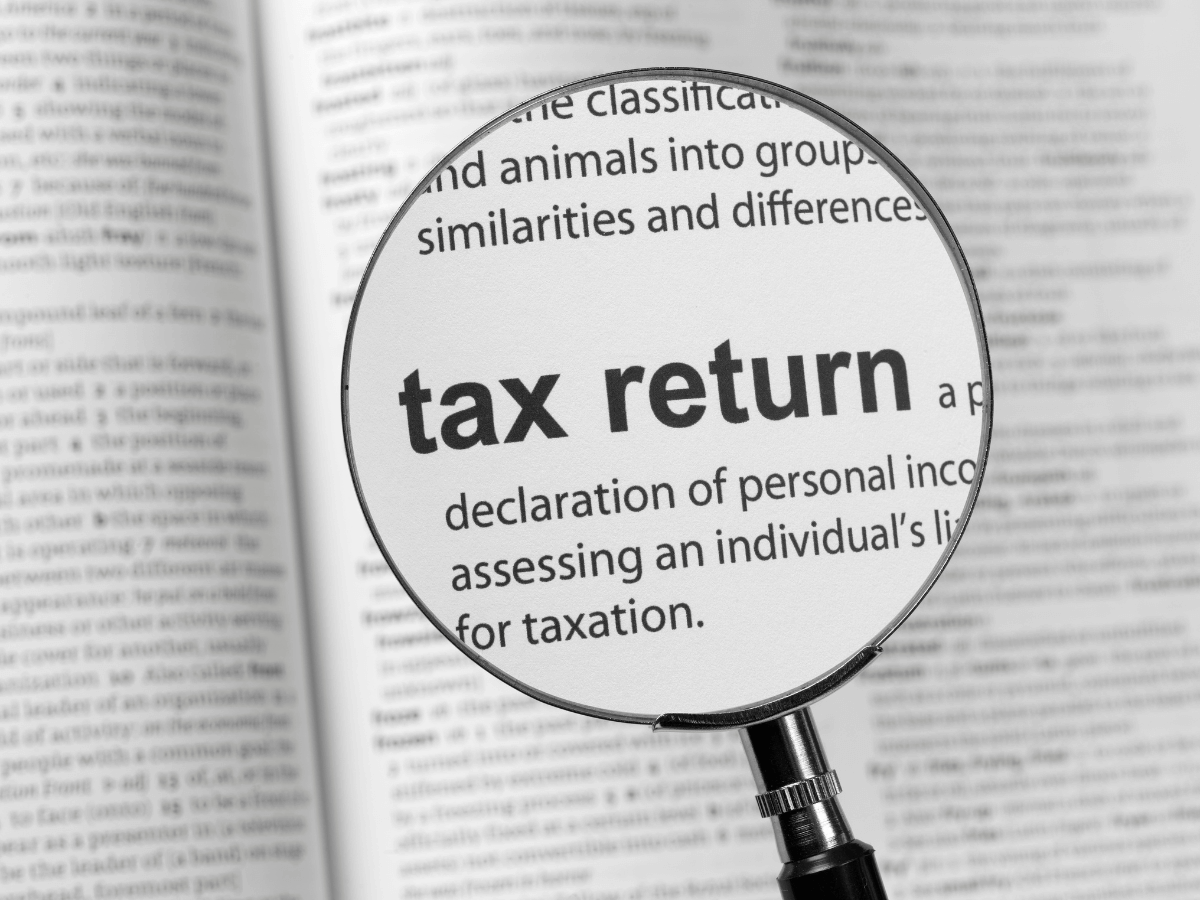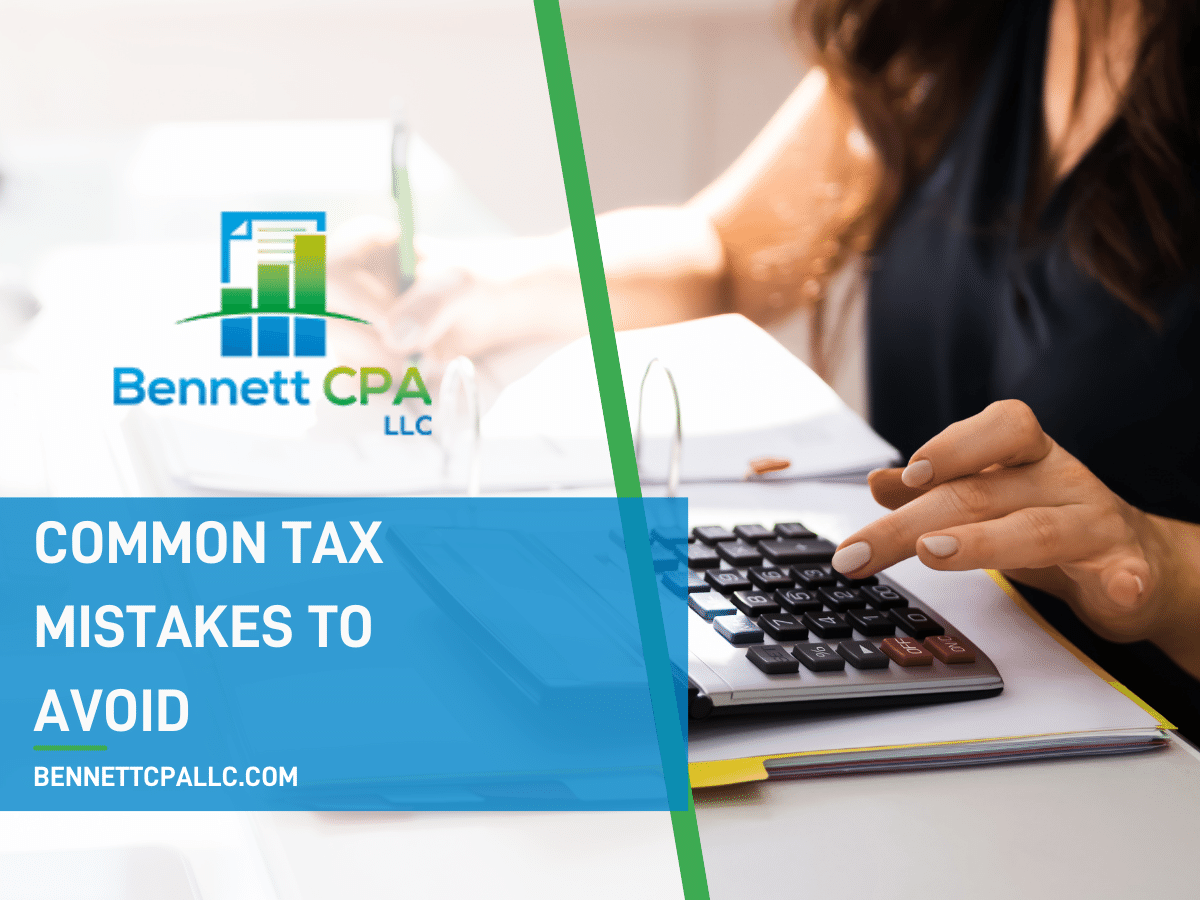Do you commute to and from work nearly every day? If so, you know how gas, mileage, and general wear and tear on your car can add up over time. You may wonder if you can deduct commuting expenses from your tax return. Unfortunately, the answer is generally no. However, some exceptions may surprise you.
Merrill Bennett of Bennett CPA is a certified public accountant in Colorado Springs, helping individuals and small to medium-sized businesses in and out of state navigate the complex world of tax compliance and filings, so you get the most out of your tax return. Let’s break down what commuting is all about, what exceptions exist to claim commuting expenses on your taxes, how to cut costs and save while commuting, and how Bennett CPA can help answer your questions.
Defining What Commuting Is
So, what exactly does it mean to commute? Generally, it means waking up, driving to work, and then driving back home when the workday ends. Commuting is a daily experience and differs from traveling for work and staying overnight at a hotel. Driving is the most common way to commute, but taking public transportation, riding a bike, or catching a taxi also counts as commuting.
Whether you drive or take the subway, commuting costs money — and that money adds up over time. When tax season rolls around, you may wonder if you can write these expenses off. For the most part, these expenses are not deductible. Even if you live far away from where you work, you can’t claim commuting expenses on your taxes.
Additionally, using your car for business doesn’t make commuting expenses tax deductible. For example, transporting business materials from your home to the office, taking business calls on your commute, and paying to park at work are not expenses you can claim.

Exceptions To Keep In Mind
Every rule has a few exceptions, and claiming commuting expenses on your tax return is no different. Some scenarios that would allow you to write off commuting expenses include:
Traveling Between Two Different Jobs
Do you have two jobs? Driving from one workplace to another can be written off. That’s because this is work-related travel, not commuting. However, if you go home in between, it’s commuting, and you can’t claim it on your taxes.
Your House Is Your Primary Place of Business
If your home office is your principal place of business, traveling to other work locations is deductible. To claim travel expenses, you must establish that your home is your primary place of business and that you use it exclusively and regularly. Then, if you ever have to work at other locations, you can write those expenses off.
Temporary Worksite Change
If you’re temporarily required to work outside the scope of where you live and usually commute, you can claim this as travel. It isn’t commuting because it’s unreasonable for an employee to move when the work site isn’t permanent.
Calculating Your Commuting Expenses
Are you curious about your commuting expenses but don’t know how much they’re sinking your budget? Determine how far your drive is and how much gas you use in a week on average. Additionally, consider other factors like wear and tear on your vehicle and tolls. If you have tax-deductible travel expenses, keeping track of your mileage is the best way to calculate what you can deduct from your taxes. If you need help, schedule an appointment with an accountant you can trust to answer your questions and help you navigate the complexities of the tax world.

How To Cut Back on Commuting Expenses
- If commuting expenses are taking a toll on your wallet and you know you can’t claim them on your taxes, there are ways to cut back on costs. Some common strategies include:
- Carpooling – If you have coworkers who live near you, carpooling is a great way to save money on your daily commute. You can alternate cars with your carpooling buddies on a routine basis, reducing gas station trips and mechanic visits.
- Taking public transportation – Catching the bus or train costs money. However, it’s less expensive than driving your car since you don’t have to worry about gas and upkeep. Better yet, you won’t have to worry about navigating through traffic.
- Walking or biking – If your job isn’t too far away, enjoying the fresh air on your way to and from work will save you money and improve your mood. It’s a win-win!
- Talking to your employer about commuting benefits – You can use pre-tax money from your paychecks to cover mass-transit passes and parking. Ask your employer how to set that up!
- Taking advantage of flexibility – Is your job flexible? Can you work from home once or twice a week? Or can you alter your schedule to avoid rush hour and other commuting-related frustrations? If these are options for you, it’s worth giving them a shot.
- There are many ways to save money on your commute that don’t involve investing in the latest and greatest energy-efficient vehicle on the market. Get creative and find ways to make your commute less stressful — and less expensive.

Bennett CPA Is the Qualified Colorado Springs Tax Accountant Here To Answer Your Questions
According to the U.S. Census Bureau, the average one-way commute increased to 27.6 minutes. Added up over a year, that’s a lot of driving — and driving that much isn’t cheap. If you meet one or more of the exceptions discussed, you should claim travel expenses on your taxes. If you don’t think you do, it’s still worth talking to an accountant and getting expert advice.
If you have additional questions about claiming commuting expenses on your taxes, count on Merrill Bennett to help. With years of experience and an understanding that every tax return is different, Bennett CPA offers custom, professional services to make filing your taxes a breeze.
For more information about commuting-related expenses and how they can influence your taxes or to schedule an appointment at our office, contact Bennett CPA today. We look forward to working with you.





